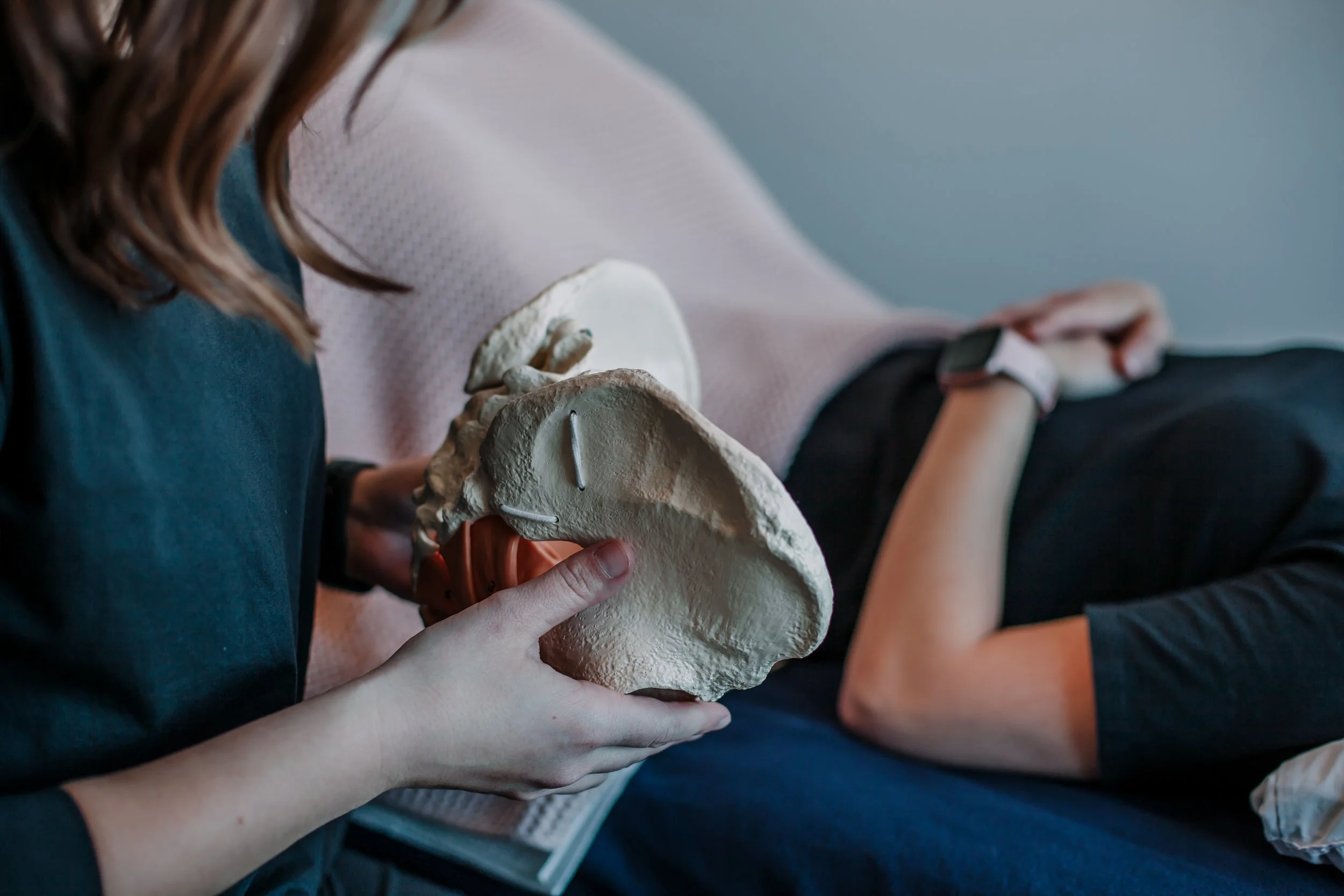What is Dyspareunia?
Dyspareunia refers to persistent or recurrent pain experienced during sexual intercourse. The pain can occur at the vaginal opening, deep within the pelvis, or in the genital region. Dyspareunia can affect individuals of any age, gender, or sexual orientation and may have physical, emotional, and relational consequences.
Causes of Dyspareunia:
Dyspareunia can have numerous underlying causes, including:
Vaginal Dryness: Insufficient lubrication can lead to friction and discomfort during intercourse, especially in menopausal or breastfeeding individuals.
Pelvic Floor Dysfunction: Conditions such as pelvic floor muscle tension can contribute to pain during intercourse.
Infections or Inflammation: Conditions such as yeast infections, urinary tract infections, or sexually transmitted infections (STIs) can cause pain during intercourse.
Medical Conditions: Certain medical conditions, such as endometriosis, pelvic inflammatory disease, or vulvodynia, can result in dyspareunia.
Emotional Factors: Stress, anxiety, past trauma, or relationship issues can also contribute to pain during intercourse.
Solutions for Dyspareunia:
Finding relief from dyspareunia often involves addressing the underlying cause. Some potential solutions include:
Using Lubricants: Water-based or silicone-based lubricants can help reduce friction and discomfort during intercourse, particularly in cases of vaginal dryness.
Pelvic Floor Physiotherapy: Pelvic floor physiotherapy can help address pelvic floor muscle dysfunction, tension, or weakness, which may be contributing to dyspareunia.
Treating Infections or Inflammation: Treating underlying infections or inflammation with medications prescribed by a healthcare provider can help alleviate pain during intercourse.
Managing Medical Conditions: Managing underlying medical conditions, such as endometriosis or vulvodynia, through medication, lifestyle modifications, or other treatments can help reduce dyspareunia symptoms.
Addressing Emotional Factors: Seeking support from a therapist or counselor to address emotional factors such as stress, anxiety, or past trauma can be beneficial in managing dyspareunia.
Conclusion:
Dyspareunia can significantly impact sexual health, but it is a treatable condition with various causes and solutions. If you're experiencing pain or discomfort during intercourse, it's essential to speak with a healthcare provider or pelvic physiotherapist to explore potential treatment options.

